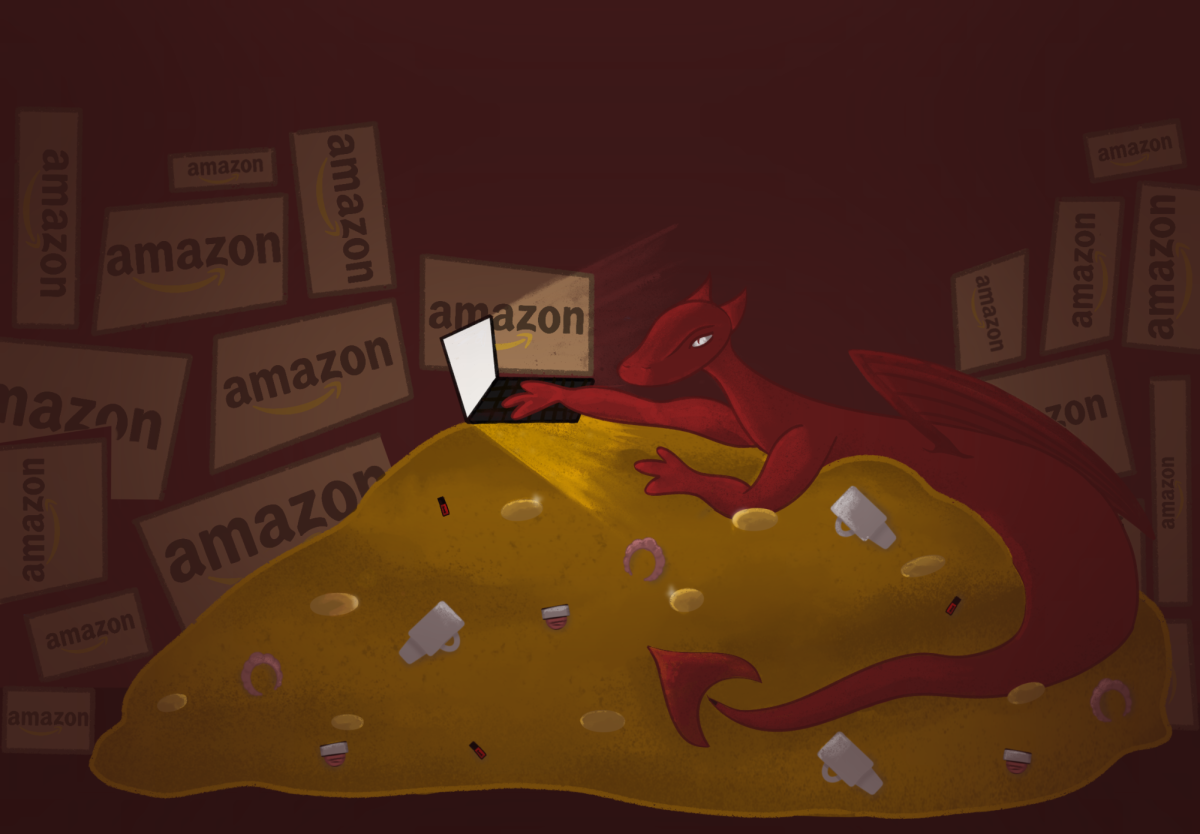
Over 350 million people already belong to the site. That means over 350 million names, birthdays, personal messages, music preferences, school data, family names, likes, and dislikes. Essentially, it’s 350 million lives online everyday, every hour, and it’s constantly updating. Even as you read this.
What is this ridiculous-sounding site? Of course it is the well-known, and mostly beloved, Facebook. Facebook has become the social networking site of a generation. Starting off small, as a way for college students to get in touch with each other and meet new people, it now hosts millions of people of all ages world-wide.
Now, the geniuses at Facebook have come up with yet another new idea for invading your privacy—I mean, social networking. Facebook is now doing e-mail, called Facebook Messages. Easy to use? Convenient? Great idea? In some ways yes, but in others, probably not.
This new messaging system would take not only the messages you get from friends while on Facebook, but you could also receive e-mails from family and friends that don’t have a Facebook account, not to mention the always delightful spammers.
Within this giant in-box, a creation of Mark Zuckerberg Facebook inventor, you would have 3 separate files. A file for mail from people who have Facebook accounts, meaning friends or possibly friends of friends, a file for people who don’t have a Facebook account, quite cleverly titled “other”, and last but not least, a file for junk mail.
Okay, so you’re thinking, “Cool, this could be pretty easy. Everything in one place.” And, yeah, it would be “pretty easy,” but every conversation you have, every message you receive/send would be saved. Don’t you generally assume the person you text, or IM, or e-mail doesn’t keep most of the messages after reading them? Well, you can’t assume that with Facebook Messages.
Everything is saved.
So it would be “pretty easy” for divorce lawyers or law enforcement or potential employers to look you up and find some information you maybe don’t want everyone to have access to, or everyone to see. And Facebook already has a sketchy reputation where privacy issues are concerned.
You may be someone who doesn’t really mind that everything you say is kept and saved, and that’s okay. But you should be thinking about the idea of one website controlling the messages of everyone who has e-mail.
It’s a monopoly, and when that occurs everyone is betting on it. Don’t be surprised when that monopoly starts charging you. Charging you, essentially, for access to your own identity. And NO ONE but you should be the owner of that.
It doesn’t matter who has the monopoly, or who has the information, it just matters that it’s one company, one site.
And, if you think about it, you can see just how much information that truly is. On everyone. And pretty much everyone they know. Normally information like this wouldn’t be that bad if several places have it, but it can be dangerous if it’s all in one place under one company’s control.
This information could be sold to other companies to check the latest trends, the current music obsession, what’s hot and what died yesterday. That kind of targeted information is invaluable to merchants and media hoping to gain consumers.
Zuckerberg believes that e-mail is obsolete, as it’s not “real time.” Clearly, he is positioning Facebook to dominate all of its users’ online communication with this mega in-box system. It targets all platforms (email, text, IM) and obviously wants to end up as our only online presence.
In a technological world that is constantly evolving, that is more competitive than ever before and has a hunger for money that seems be insatiable, we should think a little harder about what we do online as well as where we do it.
So, in light of all this, I predict that the biggest cyber-battle for control of our generation’s identities has begun: Facebook vs. Google.
Who will take the prize?








